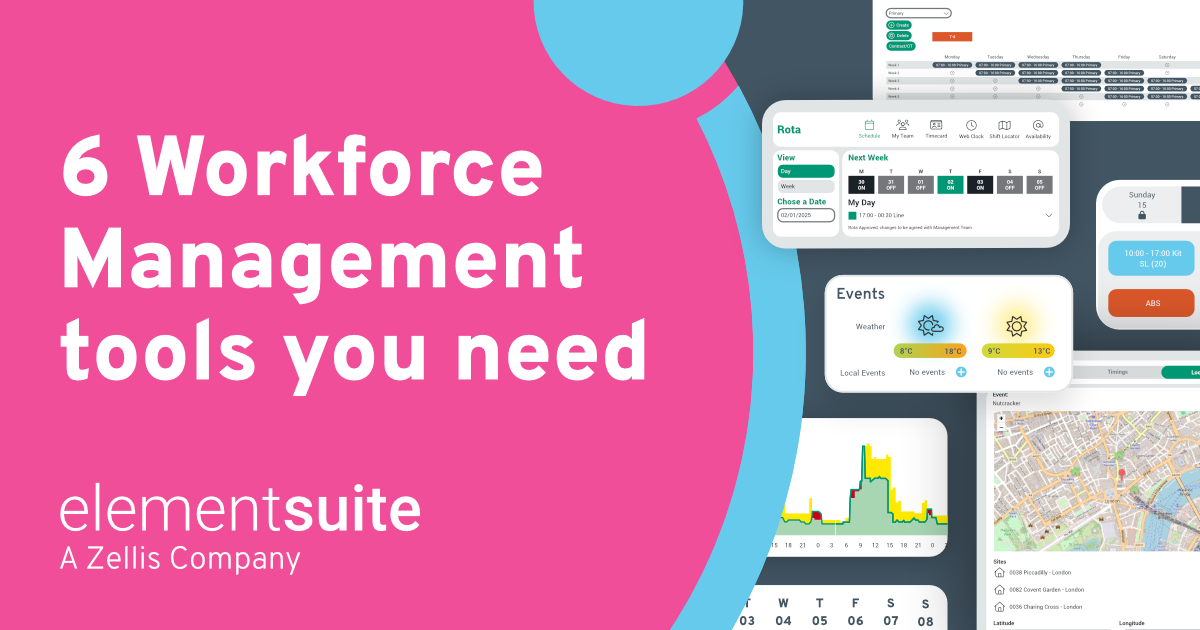For many who seek a successful career in HR and Learning and development feel that a CIPD qualification is the only way of demonstrating their grasp of all aspects of Human Resources. But also their depth of knowledge too? So does that mean that a CIPD is essential or desirable?
Does a CIPD qualification really ensure a more knowledgeable and skilled practitioner? Do CIPD qualified professionals understand the organization’s strategic objectives better than unqualified practitioners?
The vision of CIPD is to set the benchmark for excellence in human resource and management and development. An academic qualification does set a clear benchmark of knowledge and standard. But that learning must also translate in to practical application within your organisation
Practical experience is an absolute must for many businesses and is often more important than a qualification. Having grown with a business and knowing it inside out is more likely to help you to meet its needs than having a qualification and little understanding of a company and its people.
As more and more HR teams and leaders are recoginised for the siginifcant contributions they make to businesses and the supporting people strategy, more have earned their rightful place at board level.
About CIPD
The Chartered Institute of Personnel Development (CIPD) is an independent professional body which advocates better work and working lives for all. It offers a range of qualifications which are recognized as the industry standard for HR and training specialists. Recognised as setting world-class professional HR standards which are practiced by its 150,000 members, around the world.
Providing independent research and valuable insight for both individuals and employers. Also able to influence policies and practices across the public, private and charity sectors, offering all insight and consistency.
CIPD offers three types of qualification for different levels:
- Foundation (Level 3) – for newcomers or someone with little experience.
- Intermediate (Level 5) – Undergraduate standard – helps in building experience and knowledge base.
- Advanced (Level 7) – on par with postgraduate level, is designed for experienced HR strategic leaders.
New Opportunities and new ways of working
Unquestionably, a CIPD qualification improves the chances of getting job offers or moving up the ladder. Their standards are so well respected that most employers set these qualifications as a ‘minimum requirement’ for the specified roles. Unqualified candidates are rarely shortlisted. Although HR is often considered a ‘softer skill’ the depth of knowledge needed to support and manage all aspects of the employee life cycle from recruit to retire is enormous.
Being CIPD qualified also boosts the earning potential and improves career prospects. By practising the professional standards set by CIPD, HR professionals can challenge the status quo, and instead of being just part of the change can inspire others and initiate the change.
CIPD has developed a Profession Map framework for the HR professionals, which guides them on principles-led, evidence-based and outcomes-driven practices, to get to better decision making. This framework helps professionals to get the best out of their people and deliver great outcomes. It opens the doors for new opportunities and job roles which previously had not existed.
2020 has been a year of constant change and much of the burden has landed on the shoulders of HR teams within organization. Manging both the health and wellness of their staff, but also challenging and constantly changing rules and regulations relating to home working and pay.
The CIPD provide support, embedding new ways of working together with ongoing knowledge and support for their members. This invaluable resource guides legislative changes which key area ov compliance and risk for HR professionals.
Research and Insight
Every year, CIPD researches a wide range of topics to provide fact-based guidance, which helps its members in developing emerging skills and improving working lives. Their research, and findings form the basis of continuous improvement across the HR profession and is continuously shared with its members. This approach enables HR Practitioners to adopt and implement processes and procedures that are best in class and help them to achieve their organizational strategic objectives.
CIPD regularly publishes evidence-based insights which allow HR professionals to think out of the box and adapt to changes, opening new horizons which help practitioners in applying the best-proven practices and methodologies that suppor their business needs.
Continuous Professional Development
CIPD has developed its Profession Map. After going through rigorous collaboration with its members, business leaders, industry experts and partner organizations. These maps are the benchmark for the HR professionals and enable them to ask themselves difficult questions, both at individual and organization level, and help them in assessing their performance and identify the knowledge and skills gap. It provides the foundational values and behaviour, which upskill and equip practitioners with desired skills to do their jobs.
Practical experience is an absolute. Successfully blending the structure, models and tools with hand’s on application is where the HR magic happens.
CIPD supports its members by providing the resources and tools which enables them to stay ahead. Helping them in developing and maintaining their personal and professional growth. CIPD requires its members to benchmark their knowledge-based and personal skills through ‘Continuous Professional Development’ (CPD) plans in which they can capturing useful experiences and assess the practical benefits of what they have learned.
Essential or Desired?
CIPD helps individuals to become more successful in their career as HR professionals. However, it doesn’t guarantee success. The necessity of a CIPD qualification is up to the individual and in some cases driven by organization’s policy.
Getting a CIPD qualification requires commitment and hard work. It will not only boost morale and confidence but also helps in understanding the legislation and best practices. Today attaining good grades or qualifications is not enough; it’s the application of the knowledge and skills gained during the learning process, which guarantees the progression.
There is substantial supporting evidence that a CIPD qualification sets a positive benchmark for the Human Resource industry. It equips individuals and organizations to face the challenges they need to tackle. Although the qualification may help in making the job search process easier its no guarantee to success. The application of learning and ongoing development: translating theory into reality that’s key. Consequently, CIPD could be considered both essential and desired.
Advocating continuous improvement to aid success
Life does not stand still and that’s the same for the HR profession and CIPD qualifications. The fusion of a CIPD qualification, practical application and continuous improvement is an approach the team at elementsuite are passionate about.
Interested in knowing similarities between elementsuite’s design principles and CIPD’s motto of ‘Championing better work’? How elementsuite’s delivery team is implementing the technology as per CIPD’s best practices?




